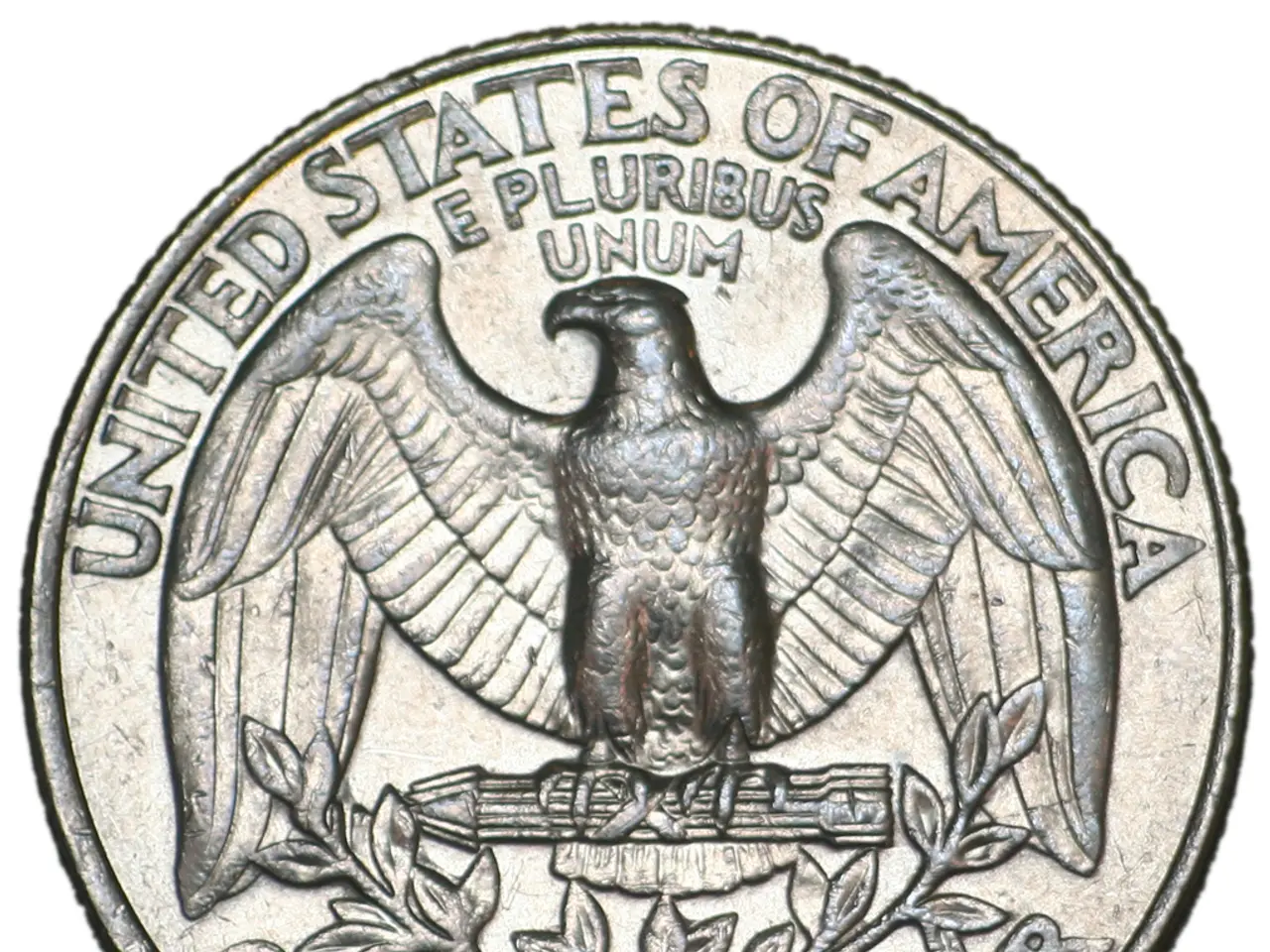Shift in El Salvador's Bitcoin Approach Focuses on Institutional Banking
El Salvador, the first country to adopt Bitcoin as legal tender, is now reorienting its national cryptocurrency experiment to attract global capital. This shift, led by President Nayib Bukele's administration, was recently embodied in a regulatory framework for financial institutions offering digital currency services.
The new law, passed by the Legislative Assembly on August 7, provides a specific regulatory framework for these institutions. Financial institutions with at least $50 million in capital may apply for a Digital Asset Service Provider (PSAD) license from the Commission of Digital Assets (CNAD) in El Salvador. The new law offers strong incentives for foreign investment, including a streamlined licensing process and zero capital gains tax on Bitcoin.
This reorientation is a condition of a recent $1.4 billion loan agreement with the International Monetary Fund (IMF). The IMF, however, has consistently voiced concerns over the risks that cryptocurrency poses to financial stability and consumer protection. As part of the loan agreement, the government of El Salvador was required to scale back its public-sector Bitcoin initiatives.
Despite these challenges, El Salvador is leveraging its position as a first mover in digital asset regulation to forge new international partnerships. Recently, the country signed a memorandum of understanding with Bolivia to provide guidance on digital asset regulation.
The initial populist effort to drive mass adoption and financial inclusion in El Salvador is now shifting to a more pragmatic, institutional-focused strategy. However, the adoption of Bitcoin among the general population appears neither here nor there. The government's "Chivo Wallet" saw initial uptake in usage, but ultimately failed to convince the public due to Bitcoin price fluctuations.
Tourism in El Salvador has seen a notable increase, though the direct correlation to Bitcoin usage remains a subject of discussion. Some businesses in the country have integrated Bitcoin payments, often incentivized by government measures.
The national reserve of El Salvador contains more than 6,200 Bitcoin, worth over $740 million. The reserve was built in part through geothermal-powered mining. The government maintains its commitment to Bitcoin, despite the challenges and setbacks.
In conclusion, El Salvador's cryptocurrency experiment is evolving, moving from a populist push for mass adoption to a more pragmatic, institutional-focused strategy aimed at attracting global capital. The country's commitment to Bitcoin remains strong, and its position as a pioneer in digital asset regulation continues to offer opportunities for international partnerships.
Read also:
- Understanding Hemorrhagic Gastroenteritis: Key Facts
- Stopping Osteoporosis Treatment: Timeline Considerations
- Trump's Policies: Tariffs, AI, Surveillance, and Possible Martial Law
- Expanded Community Health Involvement by CK Birla Hospitals, Jaipur, Maintained Through Consistent Outreach Programs Across Rajasthan







